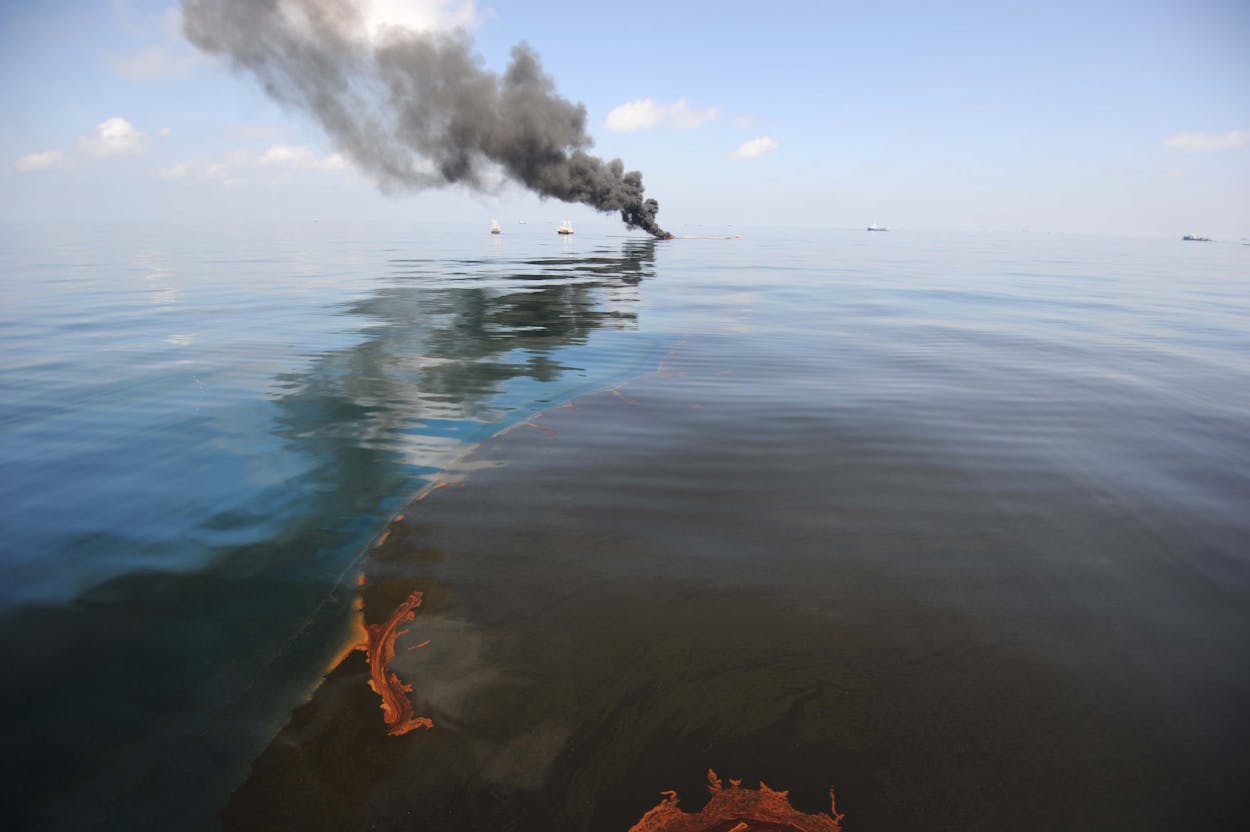Better than most people, Katherine Rodriguez knows the value of the Chemical Safety Board, and the danger that workers, families, and communities could face if President Trump’s budget proposal to eliminate its minuscule $11 million annual budget is approved by Congress.
She watched her father, Ray Gonzalez, die from an accident that could have been prevented. In September 2004, Gonzalez and two co-workers were doing routine maintenance near a pump at what was then BP’s Texas City refinery. A seal on the pump ruptured, spraying the three men with 500-degree water and steam. All three suffered serious burns. One of the workers, Maurice Moore, died the next day. Gonzalez, who had worked as a pipefitter at the refinery for 33 years, sustained burns on over 80 percent of his body. For more than two months, he underwent painful daily skin cleanings and had several skin graft surgeries. He died after spending his thirty-fifth wedding anniversary in a hospital burn unit.
The Occupational Safety and Health Administration investigated the accident and cited BP for eight violations of workplace safety rules. In a year that the oil giant earned $17 billion, it paid a fine of $102,500.
Six months after the accident that killed Moore and Gonzalez, a major explosion ripped through the heart of the refinery, killing 15 people and severely injuring more than 170 others. This time, the CSB investigated, and its findings went far beyond those of BP’s internal investigation or even the panel formed by former Secretary of State James Baker.
“What the CSB found is that there’s not just one thing that happened, it’s an overall safety culture problem,” says Rodriguez, a bank accountant who frequently testifies on behalf of families who have lost loved ones in workplace accidents. “We would never have known that if the CSB hadn’t gone in to take a closer look.”
The CSB provides a distinctly different function than OSHA. OSHA looks for violations of specific workplace safety regulations and issues fines if it finds them. The CSB isn’t a regulator. It has a different purpose. Patterned after the National Transportation Safety Board and its procedures for investigating plane crashes, the CSB doesn’t have enforcement powers and it can’t levy fines. Its mission is to find the root cause of accidents. It looks not just at what happened, but why it happened.
In the Texas City case, one of its recommendations called for boards of directors to monitor process safety at chemical plants and refineries with the same scrutiny they give financial performance, a change that many companies, including BP, have adopted. It also examines the regulators. Its investigation of the 2010 Deepwater Horizon disaster cited the lack oversight by federal regulators as one of the contributing factors of the accident.
Given the large number of chemical plants and refineries in Texas—one of the highest concentrations in the country—the CSB plays a critical role in improving safety in the state, which even the industry recognizes. “I don’t think anyone in the industry wants to see the Chemical Safety Board be abolished,” Stephen Brown, a vice president with San Antonio refiner Tesoro Corp., told Bloomberg News recently.
Tesoro has first-hand experience with the CSB. An explosion and fire at its Anacortes, Washington, refinery, which killed seven workers, was the subject of a 2014 CSB investigation. The board issued a warning to the industry that long-term exposure to hydrogen at high temperatures poses a previously unrecognized danger to metal. In Tesoro’s case, the problem, known as a high-temperature hydrogen attack, caused a 40-year-old heat exchanger to rupture.
Not all companies support the CSB, of course. During the CSB’s Deepwater Horizon investigation, rig owner Transocean challenged the CSB’s authority of the government investigators, though the board ultimately prevailed.
As a safety proponent, the CSB’s efforts go beyond the refinery fence. It investigated the 2013 fertilizer plan explosion in West that killed 15 people, most of the first responders, and wiped out hundreds of homes. Its findings underscored the need for emergency planners to have more information about facilities that store fertilizer and other potentially explosive chemicals. “It’s the entire surrounding community that’s affected by incidents these plants,” Rodriguez says.
Disruptions to gasoline distribution from a 2015 explosion at an ExxonMobil refinery in Torrance, California—the subject of a current CSB investigation—caused California motorists to pay $2.4 billion in higher gasoline prices in the six months after the blast, a Rand Corp. study found. “As an accountant, when you look at the cost benefit, [Trump’s budget proposal] just doesn’t make sense,” Rodriguez says.
The CSB, though, is an easy target for the budget ax. Its greatest value is accident prevention, and it’s impossible to document accidents that don’t happen. The more it succeeds—if accident rates decline—the more obsolete its appears.
But as CSB Chair Vanessa Allen Sutherland noted, “the absence of an accident is not a measurement of safety.” For that reason, Rodriguez says she hopes Texas lawmakers fight to restore the CSB’s funding as the budget moves through Congress. “When you look at that $11 million, compare it to the billions lost in a catastrophic event—and the thing you can’t put a price on, human life,” she says.







